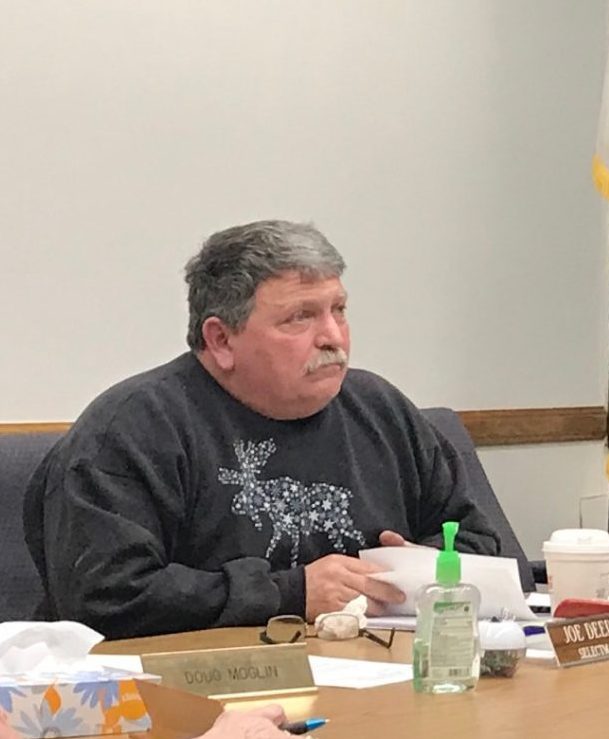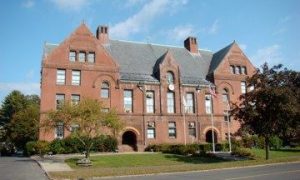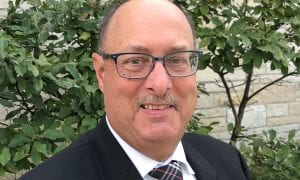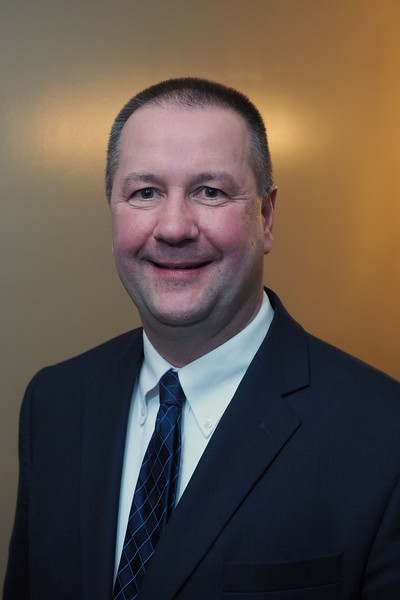Westfield Gas + Electric and Whip City Fiber are providing FREE online access to The Westfield News from 2/16-2/22. Please support local journalism by getting a subscription to The Westfield News.
SOUTHWICK – During budget season every year, the taxpayers make the ultimate decision at the annual town meeting in May on what the town’s appropriated money should go towards.
Similar to most communities, there are multiple needs for the appropriated monies, but DPW Director Randy Brown has been trying to make it a point of emphasis to have fixing the town’s deteriorating roads near the top of the list.
At his preliminary Fiscal Year 2020 budget hearing with the Select Board in January, Brown presented a six-year capital plan in his budget that consists of a list of paving projects to be done each year over that six-year period. Brown has requested to have the town spend $3 million each year, for a total of $18 million, in order to properly fix several road issues in town.
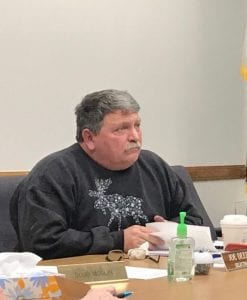
Select Board Chairman Joe Deedy discusses paying for infrastructure issues. (WNG File Photo)
During his discussions with the Capital Expenditures Committee in February, Brown said that he’s been looking into the possibility of implementing a bond in order to make sure the capital plan becomes a reality.
“If you’re driving around town, it’s not hard to see that our roads are falling apart,” said Brown. “Think about what they’ll look like without any more work to them.”
While there’s been no specific details outlined on what kind of bond could be possible for the six-year capital plan, Select Board Chairman Joe Deedy informed the Westfield News that like Brown, he too has been looking into bonding options.
“We’re going to do the best we can to make it happen if we can make the numbers palatable for taxpayers,” said Deedy.
Of concern to Deedy is whether or not the $3 million per year to do a full reconstruction of roads is better financially than spending half of that projected cost to do some repaving and milling instead.
If the town opts for the $3 million each year, it would take thousands of dollars each to year to pay off the bond or loan. Although Deedy pointed out that the town is seeing revenue with new developments and other successes, he’s unsure if that would help reduce the financial burden the town would have to take on by bonding a large amount of money.
“I don’t think you’re going to have enough new growth to compliment what’s been coming in front of us,” said Deedy.
According to Brown’s proposed budget, there are a number of paving projects listed to be addressed in the six-year capital plan. For FY20, the projects include a culvert replacement on Fred Jackson Road for $425,000, the reconstruction of South Loomis street for $630,000, paving and drainage on Tannery Road for $480,000, and paving and drainage on North Longyard Road for $520,000. The other projects listed with their prices are as follows:
· Cedar Street/Bonnieview Road drainage replacement ($140,000)
· Granville Road design ($250,000)
· Nicholson Hill Road paving ($180,000)
· Robin Road paving and drainage ($270,000)
· Crack sealing ($50,000)
· Sidewalks ($50,000)
The estimated cost for the entire capital plan for FY20 is $2,995,000, just shy of that projected $3 million per year.
Moving forward, Deedy will be bringing some ideas for bonding options back to the Select Board and the Finance Committee to get their recommendations. If it’s decided to do a bond for the capital plan, it will be drafted up as a warrant article at the annual town meeting this upcoming May.

